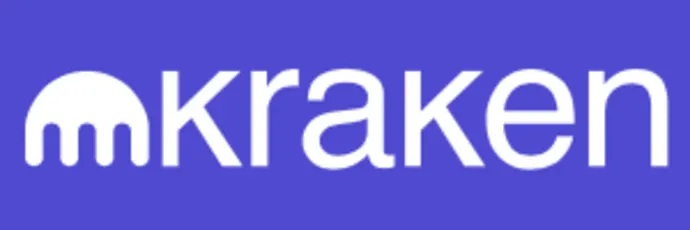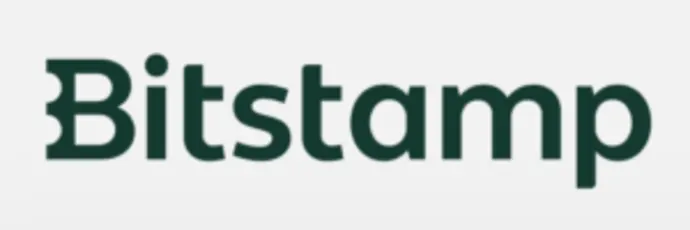Top Exchanges
1
 Start Trading
Start TradingTrading cryptocurrencies involves significant risk and users should carefully consider their investment objectives and risk tolerance.
2
 Start Trading
Start TradingCryptocurrency trading carries a high level of risk and users should carefully evaluate their financial situation and risk tolerance before participating.
3
 Start Trading
Start TradingDon’t invest unless you’re prepared to lose all the money you invest. This is a high-risk investment and you should not expect to be protected if something goes wrong.
4
 Start Trading
Start TradingTrading cryptocurrencies involves high risk and users should thoroughly evaluate their financial circumstances and risk tolerance.
5
 Start Trading
Start TradingCryptocurrency trading involves substantial risk and users should carefully assess their investment goals and risk tolerance before participating.
6
 Start Trading
Start TradingTrading cryptocurrencies carries inherent risks and users should carefully consider their investment objectives and risk tolerance.
7
 Start Trading
Start TradingCryptocurrency trading involves significant risk and users should evaluate their financial situation and risk tolerance before participating.
8
 Start Trading
Start TradingTrading cryptocurrencies carries inherent risks and users should carefully assess their investment objectives and risk tolerance before engaging.


Comments (0)
Loading...